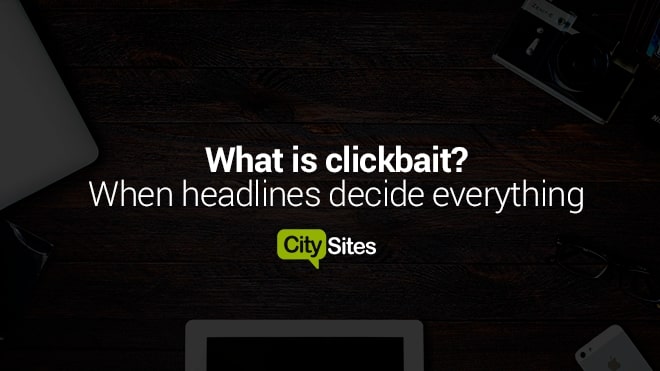
you caught yourself sometimes clicking completely unconsciously on a link with a headline that suggests something exciting scandalous, mysterious? Although in fact it’s completely inside banal article that does not carry any value to you.
Congratulations! You, like everyone else, have fallen for the bait of marketers - clickbait.
Clickbait is a headline whose meaning is intentionally distorted for attracting reader attention. It’s as if he were not saying something, kindling curiosity, and encouraging to click to find out what is inside.
usually such headings are actively used on sites crammed with ads. After all, every click and transition to a page brings money from viewing advertisements. But to one degree or another, many resort to it media publications.
Clickable headlines
1. Using demonstrative pronouns
for example “This”, “given”. Such words enhance emotional perception. information and give the reader the impression that he is pointed with his finger for something delicious.
Example:

2. The appeal to you
“You” appeal Looks more friendly and not as official as “you.” Therefore, in the reader creates a feeling of confidential conversation. As if to him alone trust this secret - "in a friendly way."
Example:

This tip will change your life ... Just eat on a schedule!
3. The contradiction between the ordinary and the fantastic
how As a rule, such a title consists of two sentences. The first describes completely standard situation, and the second unexpectedly kindles curiosity with the help of something contradictory.
Example:
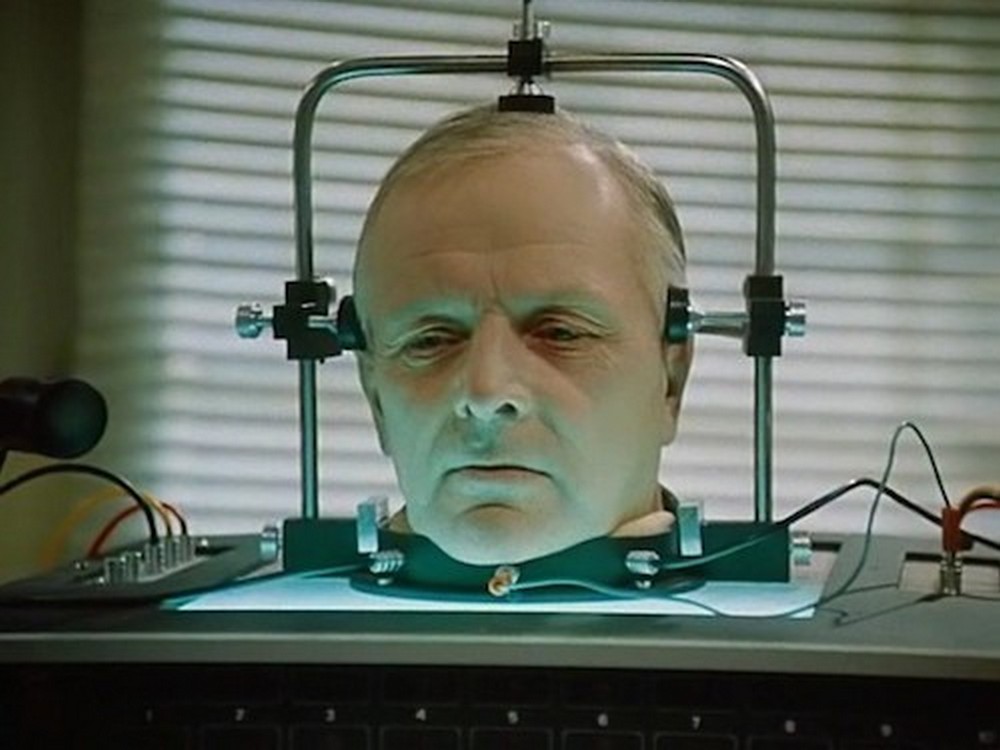
This scientist defended a doctorate in neurobiology ... You won’t believe what he is doing now!
4. The abundance of punctuation marks or the unreasonable use of numbers
Custom punctuation, an excess of punctuation marks or the use of numbers out of place (for example, “125 ways to use a hammer”) introduces the reader is confused and prompts to click on the title.
Example:

Your password is “123456” ?! See what the analysts are saying about you !!
5 . Excess epithets and deliberate hyperbolization
One of the most commonly used tricks. The brighter and more colorful you describe heroes, the more likely the reader will want to know more about them. Mediocre shots can be “the most inspiring,” standard a list of films “the best list of films for an autumn evening”, and all known historical events "incredible facts." Curious, is not it?
Example:
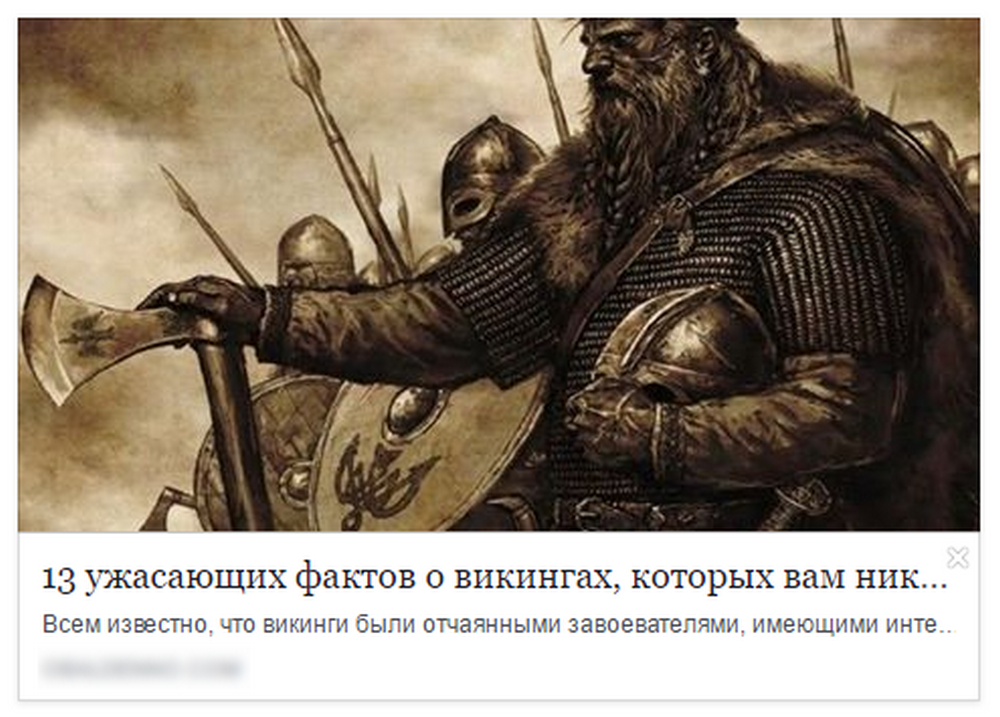
6. Using phraseologisms, proverbs, sayings
Using common expressions, folk proverbs or catchphrases, You can attract the reader by playing on a sense of confidential communication.
Example:

Look at what old Darwin said about natural selection ... Not in the eyebrow, but in the eye!
7. Omitments, incomplete sentences
here, Of course, the main emphasis is on the natural curiosity inherent in to most people. Usually there are a lot of exclamations in such headings, rapture, surprise, or suggestion is simply left unfinished.
Example:
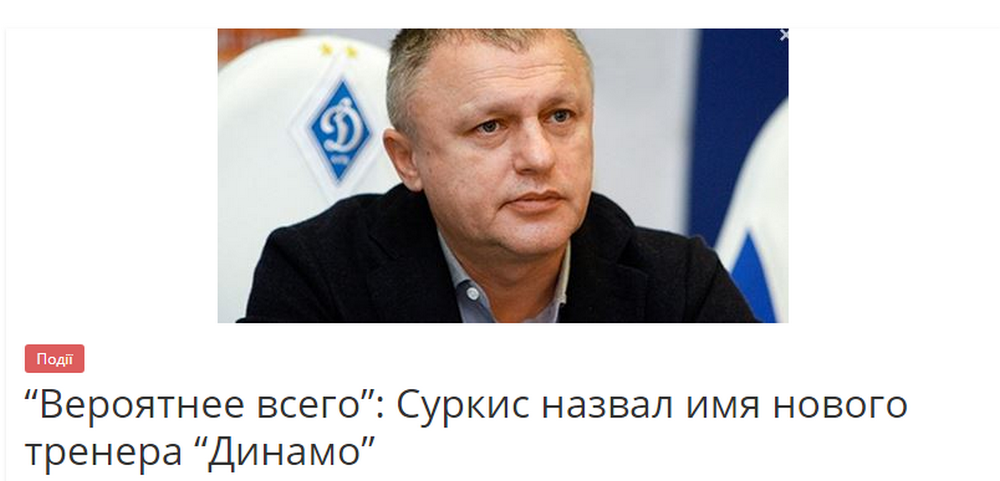
There are some more clickbait psychological tricks - you can use imperative (“press”, “read now”), highlight individual words (“want to know what they are capable of”) or use quantitative measurements (“10 incredible facts about ...”).
Use or not?
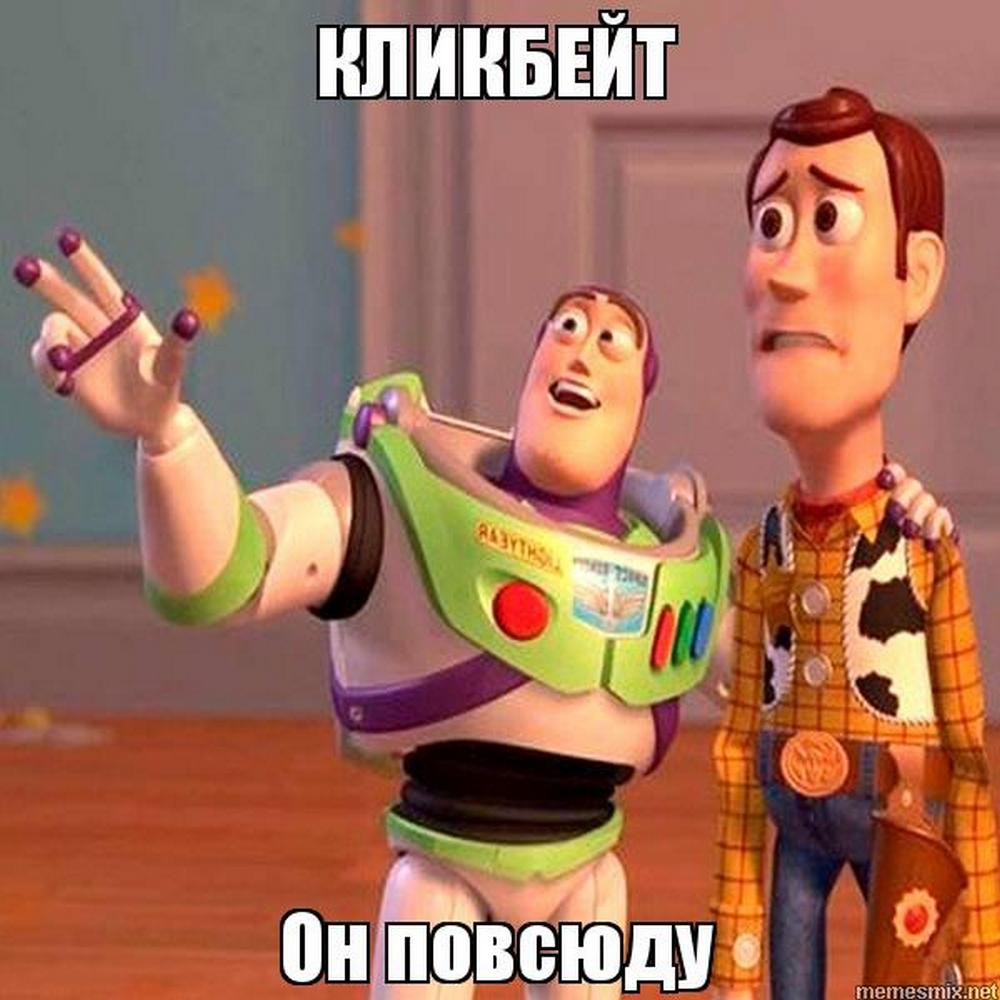
how we’ve said above, the more clicks, the more advertising views, and accordingly, more profit. Choose for you - play fair and increase traffic with quality content or use clickbait.
But we want to warn you that over-enthusiastic intriguing headlines can have negative consequences.
Clickbait improves bounce rates. If the title does not live up to expectations reader, then he will most likely leave your site. Moreover, despite a large number of random users who clicked on the title, there are a large number of those whom they scare or annoy. Such visitors cease to trust your resource and eventually traffic The site falls. People are already used to recognizing such headlines and most understand that there is nothing worthwhile inside.
Co. everything else, clickbait can adversely affect ranking in Google and Facebook. Google lowers site ranking if it sees a big the number of failures, and Facebook has already implemented an algorithm that recognizes clickbates. The system tracks keywords and phrases, calculates the frequency of such publications. If the resource is abusing low-quality content, it just loses its rating in the news feed.
